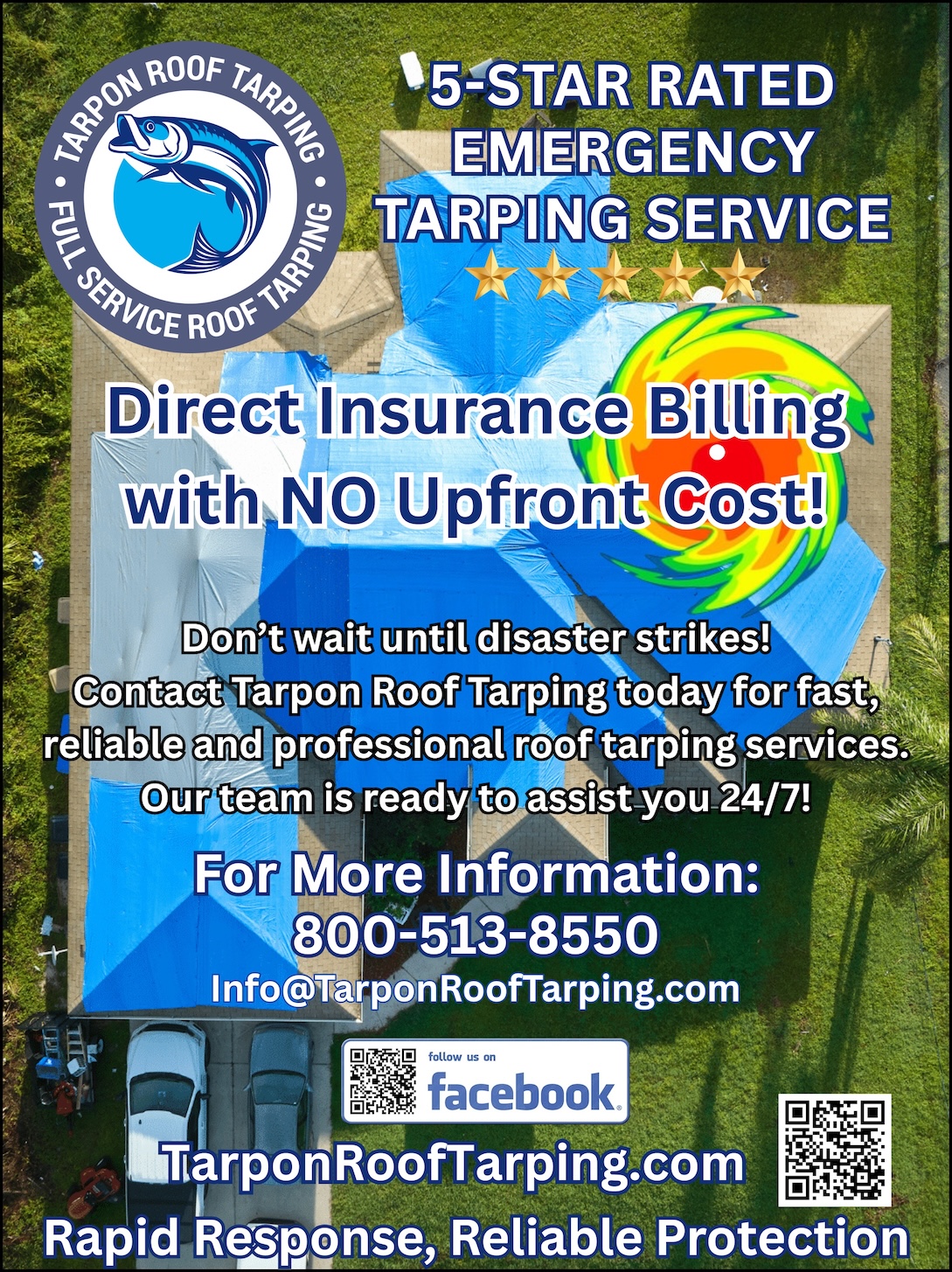 In light of the recent Internet privacy legislation, will using a VPN keep your ISP from tracking what you do online?
In light of the recent Internet privacy legislation, will using a VPN keep your ISP from tracking what you do online?
The recent bill passed by both houses of Congress will essentially overturn a rule passed by the previous FCC chairman that would have required Internet Service Providers (ISPs) to ask for your permission before sharing your browsing and usage data with third parties. The rule was never put in place, so in a sense, the recent bill leaves things the way that they have always been.
Your ISP Knows The Most
Regardless of any regulations, your ISP has and always will know the most about how you generally use the Internet as a normal course of providing you its service. The issue is really more of what it can do with that information, which is now a confusing mess that’s up in the air.
Services like Facebook and Google can only track you when you’re using their resources or their associated third parties, which admittedly, is pretty extensive but your ISP logs every site that you visit.
For clarity, when you visit encrypted sites (those that start with https://), your ISP can see that you went there, but it can’t see what you do within the site, so much of the ‘privacy’ that many people want already exists.
How VPNs Hide You
Using a VPN, which stands for Virtual Private Network, will reduce your ISPs ability to track where you go online because everything you do after you connect to a VPN is masked in a private ‘tunnel’. Your ISP would then only see you connecting to the VPN, but nothing afterwards, but there are tradeoffs.
VPN Tradeoffs
If you decide to us a VPN service, you’re essentially trading WHO can see everything you’re doing from your ISP to your VPN service provider.
Can you trust a VPN service provider any more than your ISP? That‘s the primary question you’ll have to answer yourself before making the change, so make sure you’ve thoroughly researched any company before you start using their service — some of them are based in other countries and aren’t necessarily subject to our privacy laws.
Keep in mind that a free VPN service is most likely selling your browsing history to pay for the service and even some pay services could do the same because there’s no regulatory body overseeing these companies.
Some VPNs can also degrade performance, depending upon the quality of their network and can be confusing for non-technical users. Tech-savvy privacy advocates often choose to spend the money to setup their own VPN server, but that’s not a very realistic option for most people.
True Privacy: All or Nothing
Using a VPN might limit how much your ISP knows about your browsing habits, but that won’t stop the dozens of other ways you’re being tracked every day by lots of others.
If you’re truly concerned about privacy, you’ll need to completely change what you use to browse the web, how you maintain your computer, and stop using all of the most popular websites and social networks as a real person.







